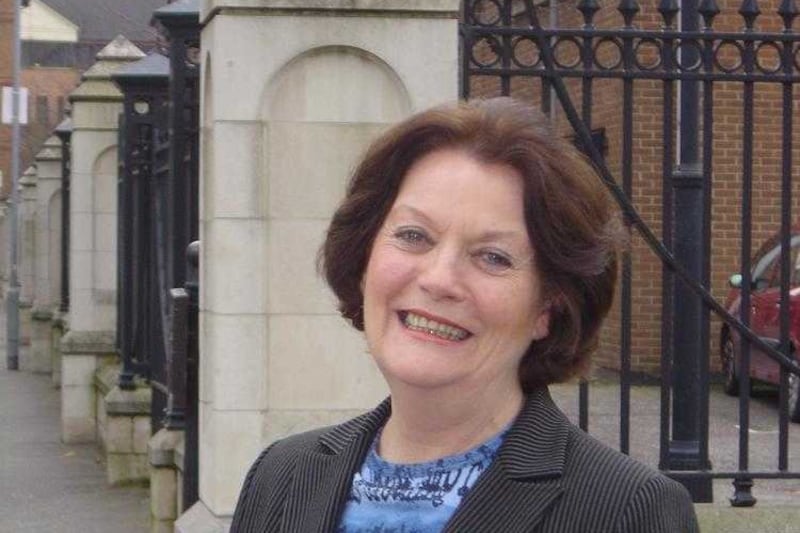The Prince of Wales spoke of the "courage and bravery" of soldiers killed at Passchendaele as he led centenary commemorations of the First World War battle.
Exactly 100 years after thousands troops went "over the top", Charles, the Duke and Duchess of Cambridge and Britain's prime minister Theresa May joined the king and queen of Belgium and some 4,000 descendants of those who fought, for a ceremony at the enormous Tyne Cot cemetery near Ypres.
Men serving with the 36th Ulster and 16th Irish divisions were among the 325,000 Allied troops who died in the battle between July 31 and November 6 1917.
In his address to the gathering, the Prince said: "We remember it not only for the rain that fell, the mud that weighed down the living and swallowed the dead, but also for the courage and bravery of the men who fought here."
He added: "In 1920, the war reporter Philip Gibbs – who had himself witnessed Third Ypres – wrote that 'nothing that has been written is more than the pale image of the abomination of those battlefields, and that no pen or brush has yet achieved the picture of that Armageddon in which so many of our men perished.'
"Drawn from many nations, we come together in their resting place, cared for with such dedication by the Commonwealth War Graves Commission, to commemorate their sacrifice and to promise that we will never forget."
More than 100 days of fighting in the summer and autumn of 1917, starting on July 31, left more than half a million men dead or injured on both sides.
The Tyne Cot cemetery is the largest Commonwealth burial ground in the world, with 11,971 servicemen buried and remembered there – 8,373 of whom are unidentified.
Kate then joined Belgian Queen Mathilde and German foreign minister Sigmar Gabriel in laying wreaths at the graves of four German soldiers buried in Tyne Cot.
Mrs May read a Bible passage from Ecclesiasticus.
The ceremony also included singing and the Calling Of The Names, personal stories of some of the thousands of soldiers and others present at the battle, including nurses and stretcher-bearers.
They also included a letter written by a German soldier.
They included an account by Private Bert Ferns, of the Lancashire Fusiliers, who fought in the battle, read by Fusilier Shaun Mclorie.
He said: "I staggered up the hill and then dropped over the slope into a sort of gully.
"It was here that I froze and became very frightened because a big shell had just burst and blown a group of lads to bits; there were bits of men all over the place, a terrible sight, men just blown to nothing.
"I just stood there. It was still and misty, and I could taste their blood in the air."
William completed the Calling Of The Names by reading that of the Unknown Soldier, saying he was "A soldier of the Great War, known unto God."
Charles and King Philippe then led the laying of wreaths at the cross of remembrance before later visiting the British Memorial Garden.








